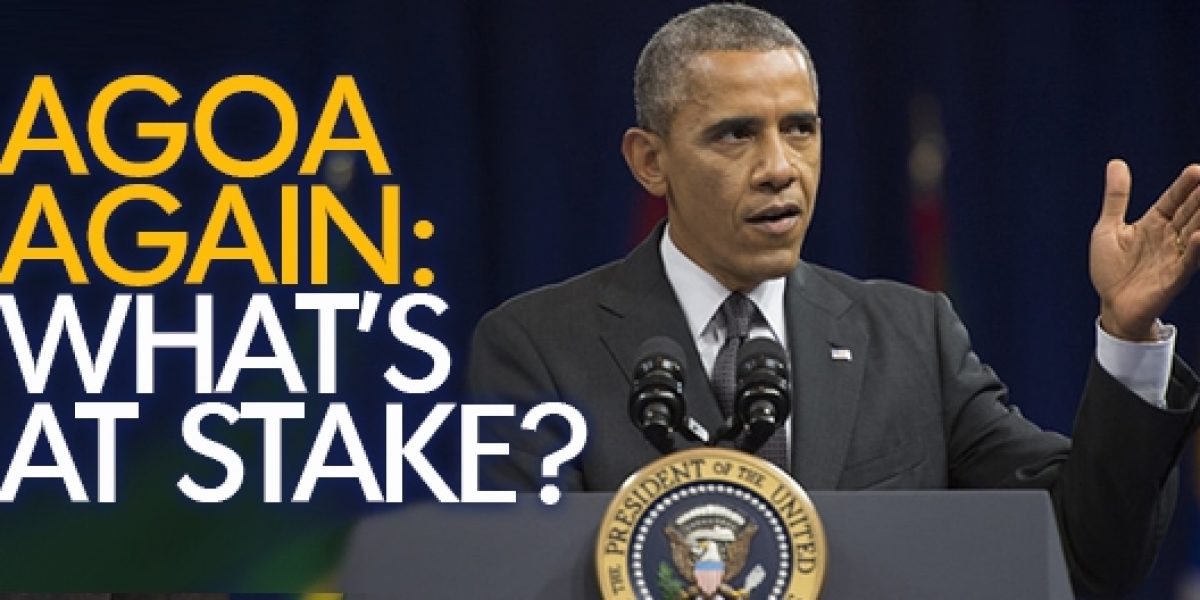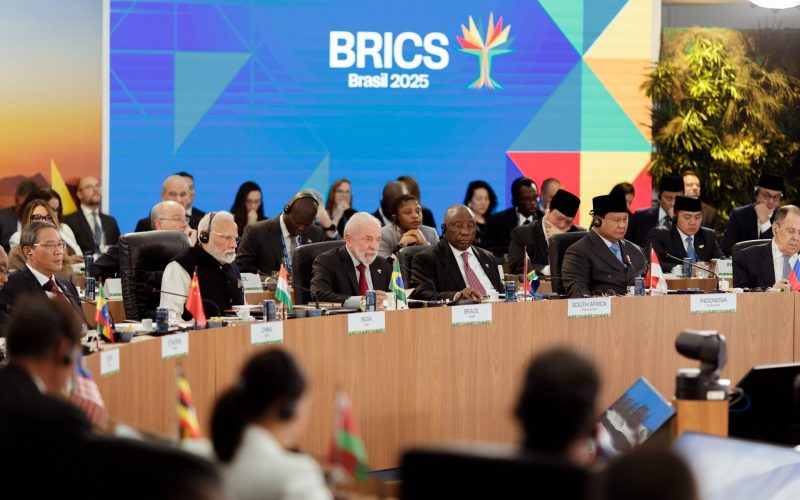While the suspension of AGOA preferences to sub-Saharan African countries in the past depended on their commitment to democratic principles and respect for basic human and workers’ rights, this latest development responds specifically to trade barriers preventing access of US exports to an African market.
According to President Obama’s statement, the proposed suspension is ‘because South Africa continues to impose several longstanding barriers to US trade, including barriers affecting certain US agricultural exports’. South Africa has long imposed anti-dumping duties on certain US chicken products, as it argues US firms sell what is considered undesirable meat in their domestic market in South Africa at prices lower than production costs. This ultimately undercuts South African producers, creating an unfair trading environment. At the same time, US chicken producers have also indirectly benefited from subsidies to US corn farmers, an important input for chicken feed, leading to lower production costs and further exaggerating their competitive advantage. US exporters, however, have argued that anti-dumping duties have been employed to protect South Africa’s domestic producers from external competition.
Following discussions between US and South African trade counterparts and industry associations, an agreement was reached in June this year to allow 65,000 tons of US ‘bone-in’ chicken into the South African market.
However, implementation of the deal has been slow, largely as a result of sluggish progress on negotiating various animal health and safety regulations associated with the deal, which affects not only poultry, but also beef and pork imports from the US. The outbreak of bird flu across twenty US states last year and the potential health risks to South African consumers alongside the danger of spreading the infection to South African poultry stock, are key points of concern that have been raised by South Africa.
Ultimately, the deadline of 15 October 2015 to finalise the veterinary protocol was missed resulting in President Obama issuing an ultimatum which has given South Africa 60 days to respond and resolve the remaining issues, before losing its agricultural benefits under AGOA. The signing of a trade protocol ‘to secure the continued exports of poultry from those areas in the US that are NOT AFFECTED by Avian Flu’ in mid-November has partly addressed of US concerns. However, the remaining health issues regarding beef and pork imports are still outstanding and South Africa still faces suspension should these not be addressed by December.
Total exports from South Africa to the US in 2014 was more than US$8 billion, of which nearly 40% benefited from preferences extended under AGOA. Total agriculture exports in the same year were more than US$300 million, of which nearly 75% benefited from AGOA preferences. While agriculture exports are dwarfed by automotive, mineral and chemical exports under AGOA, the threat to the agriculture sector is particularly severe considering the devastating effects of a widespread drought in Southern Africa. Recognising the implications should South Africa not resolve the outstanding issues, SA Trade and Industry Minister Rob Davies has committed to addressing remaining US concerns before the deadline.
The South African government has been active in pursuing the best outcome for the poultry industry—ultimately reaching a compromise of a quota restriction on US imports, rather than free reign, as originally requested by the US poultry lobby. However, in many respects this has not been a traditional trade negotiation. Considering that the US offers trade preferences under AGOA to sub-Saharan African countries unilaterally, without any specific negotiated preferences in return, the leveraging of AGOA in this manner came as a surprise. It also raises the possibility of the US leveraging AGOA in a similar manner for other perceived trade barriers that the US private sector has complained about. These include, among others, the Private Security Amendment Bill which enforces local ownership requirements of private security in South Africa for foreign companies seeking to invest in this sector, as well as concerns around copyright and trademark infringements. While South Africa, considering the size and sophistication of its economy, has been in a position to negotiate acceptable terms with the US, other countries might not have the capacity, clout or ability.
Instead, if South Africa and other African countries are serious about their trade relationship with the US going forward, they should look towards a negotiated agreement, similar to the Trade Development Cooperation Agreement negotiated between the European Union and South Africa or the Economic Partnership Agreements with the rest of the region. Although the process of establishing such bilateral agreements is often lengthy, a negotiated agreement involving both parties ensures greater security. For example, where domestic markets require legitimate protection, a negotiated settlement could be reached. In the case of AGOA, it will also provide a more secure business environment by avoiding speculation amongst investors and producers whether or not the agreement will be extended —as was the case earlier this year. While various attempts have been made to negotiate such a bilateral deal between the US and South Africa, including the other members of the Southern African Customs Union, very little progress has been made because of disagreements on intellectual and property rights and affirmative action policies, amongst others.
While Minister Davies is confident that the remaining issues will be resolved, thus avoiding suspension, this affair has caused some embarrassment and strained US-SA relations. President Obama was a key champion earlier this year of South Africa’s inclusion in the extended AGOA programme, while others argued that South Africa, as a middle income country, should graduate from AGOA. This also comes at a time when South Africa is increasingly engaging other partners, including countries from the BRICS group, potentially further unsettling this strategic relationship. However, the South African government should not view these relationships as mutually exclusive, but rather embrace their complimentary nature.
Nevertheless, within the existing trade framework (or lack thereof) between the US and South Africa, South Africa will likely be the bigger loser if AGOA benefits were retracted. At a time when unemployment is high, investor confidence is low and numerous international and national institutions are revising their GDP growth figures for South Africa downward, South Africa can hardly afford further disruptions to local and global business confidence in the economy.








